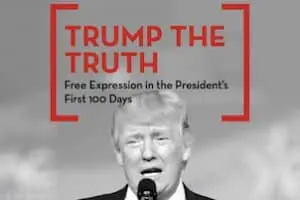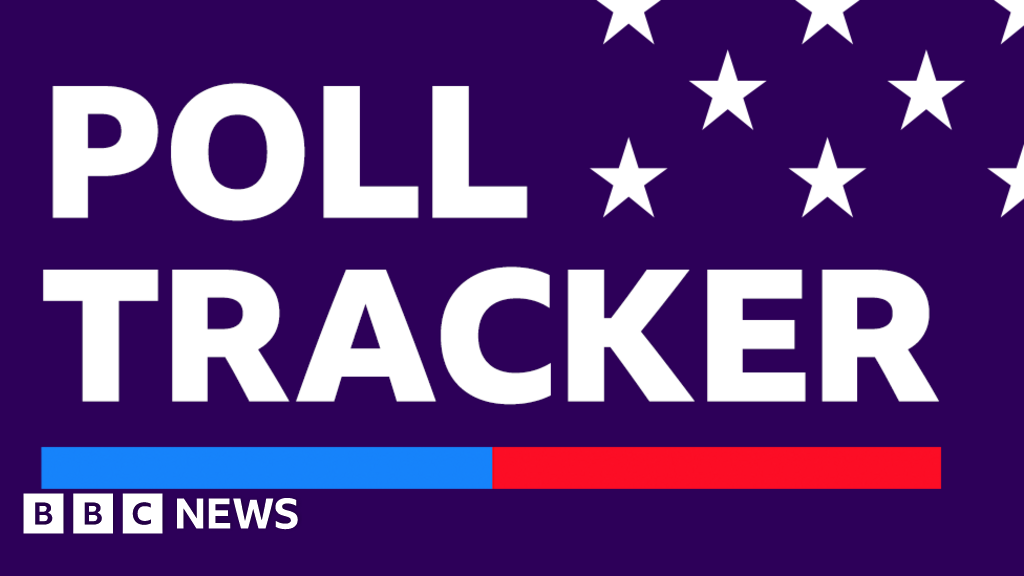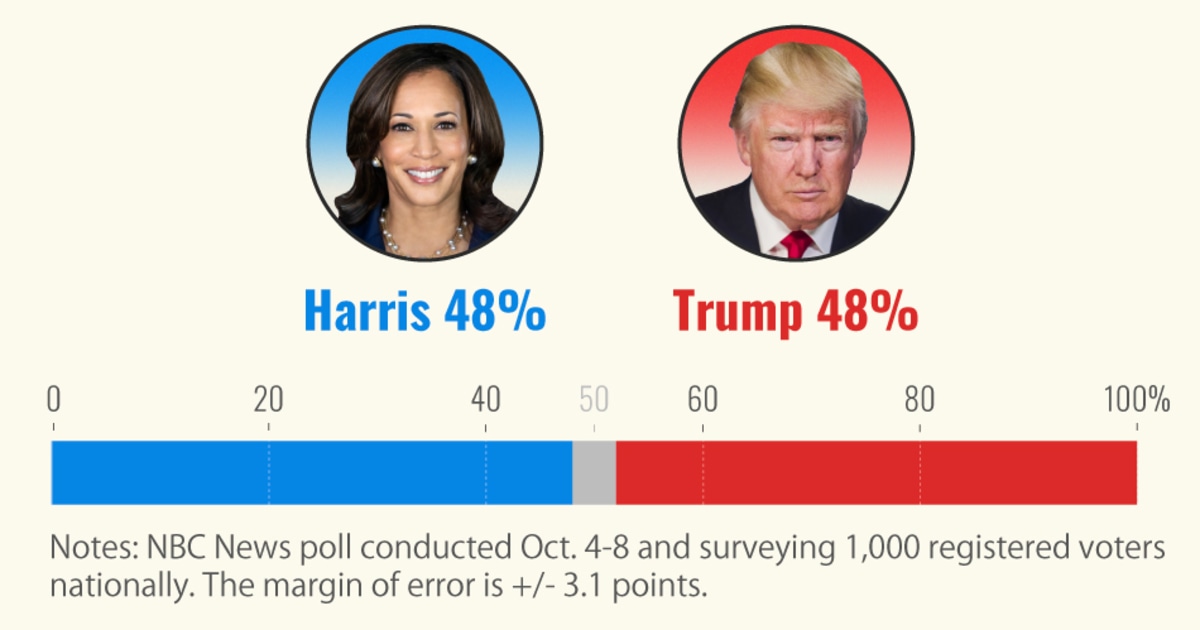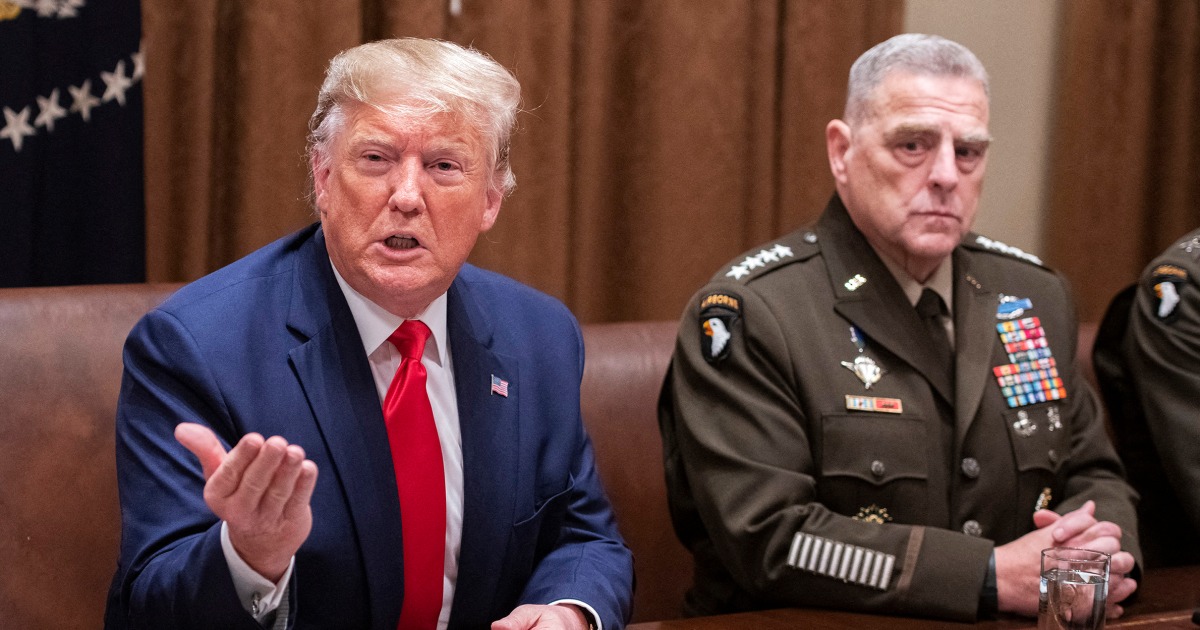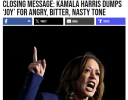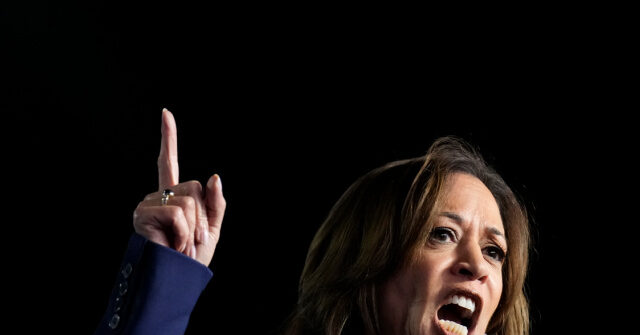Just a reminder:
https://finance.yahoo.com/news/off-charts-trump-tariffs-shock-013111202.html
Former president Donald Trump is campaigning on the most significant increase in tariffs in close to a century, preparing an attack on the international trade order that would probably raise prices, hurt the stock market and spark economic feuds with much of the world.
The former president has floated “automatic” tariffs of 10 percent to 20 percent on every U.S. trading partner, 60 percent levies on goods from China, and rates as high as 100, 200 or even 1,000 percent in other circumstances.
These proposals would go far beyond the disruptive trade wars of his first term even if they are only partially implemented.
The consequences would be far-reaching: Americans would be hit by higher prices for grocery staples from abroad, such as fruit, vegetables and coffee. Domestic firms dependent on imports would need to either figure out new supply chains or raise costs for consumers. U.S. manufacturers would almost certainly see sharp declines in orders from abroad as foreign nations impose retaliatory tariffs.
While some business leaders and congressional Republicans remain optimistic that the former president is engaged in election-year posturing, Trump has repeatedly insisted that tariffs represent an unmitigated positive for the U.S. economy, recently calling them “the greatest thing ever invented.”
The United States annually imports more than $1 trillion worth of goods used directly by consumers: inexpensive electronics from China; food from Latin America and Canada; pharmaceuticals produced in India and Mexico. Tariffs of 20 percent on all imports could amount to a more than $4 trillion tax hike over the next decade, according to the Committee for a Responsible Federal Budget, a nonpartisan think tank.
Gas prices would increase by as much as 75 cents per gallon in the Midwest, where most refined products come from Canada, according to Patrick De Haan, an analyst at GasBuddy. Overall, the Peterson Institute for International Economics said, Trump’s tariffs would cost the typical household $2,600 per year; the Yale Budget Lab said in an estimate released Wednesday that the annual cost could be as high as $7,600 for a typical household.
Economists say it would take several painful years for alternative domestic producers to emerge for many goods. For instance, almost all shoes and 90 percent of tomatoes sold in the country are imported
, according to the Peterson Institute. And the United States does not even have the climate necessary to produce many food items - such as coffee, bananas, avocados, to say nothing of Chilean sea bass - at the necessary scale to meet domestic demand, said Joseph Politano, an economic analyst who has written on the subject on Substack.
‘Higher interest rates, slower growth, higher inflation’
Trump’s tariffs would also reverberate through Wall Street and global markets, inviting turmoil that would affect investors and companies worldwide. Those effects would probably be felt quickly.
During Trump’s first term, stocks fell on nine of 11 days in 2018 and 2019 that the United States or China announced new tariffs, according to a study this year by economists with the Federal Reserve and Columbia University. Comprehensive tariffs would cause a swift one-time jump in prices before reducing economic growth about six months later, according to economist David Page, head of macro research for AXA Investment Managers in London.
Many analysts are hopeful that a stock market panic would dissuade or prevent Trump from carrying out his plans. The investment bank UBS projected that a 10 percent universal tariff could lead to a 10 percent contraction in the stock market.
Other nations may not agree to trade deals that are friendlier to the United States. And if that happens, the new tariffs would depress global merchandise trade and disrupt the corresponding financial flows among the United States, China and Europe, experts say.
As the United States buys fewer goods from China and Europe, they, in turn, could buy fewer Treasury bonds. That would cause yields to increase on long-term U.S. government debt; American consumers would feel the impact with higher mortgage rates.
“We’d be facing higher interest rates, slower growth, higher inflation - that stagflation scenario that people talk about,” said Marc Chandler, managing director of Bannockburn Global Forex, referring to a combination of high inflation and anemic growth.
During Trump’s first term, the European Union imposed retaliatory tariffs on everything from U.S. corn to Harley-Davidson motorcycles. China reduced purchases of food products made in the Midwest, leading the Trump administration to approve a $30 billion bailout for farmers.
While the discussions are preliminary, officials in Canada, the European Union, China, India and elsewhere are already working through options to respond to another potential Trump trade war. The retaliation could be harsher this time: Canada, for instance, could cut off access to lumber, aluminum and steel. Boeing aircraft and U.S. vehicle exports could be threatened. Some analysts believe China could devastate U.S. farming exports.
A new universal tariff would violate U.S. commitments to the World Trade Organization. Other nations would almost certainly file WTO complaints. But experts said trade partners would not wait for that cumbersome judicial process, which can take years to yield a conclusion.
“Day one, if there’s a 10 percent tariff put in place, day two, there’s going to be retaliatory tariffs from all of our trading partners,” said John Veroneau, a trade attorney with Covington & Burling, who served as deputy U.S. trade representative under President George W. Bush.
From the comments:
Retaliation by China for Trump's tariffs caused US soybean farmers to lose access to the Chinese market. Trump subsequently bailed US farmers out to the tune of $28 Billion.
That money came, not from China, but from American taxpayers.
Ask the U.S. soybean farmers how the Trump tariffs worked out. China, the largest importer of U.S. soybeans halted all imports and found other markets. U.S. soybean farmers lost their biggest customer, overnight.
Yup, and other countries moved on and now buy their soy from other nations, It is easier to keep a customer then to try to get one back, that is business , getting them back hardly ever works.
The reason Trump is such a proponent of Tariffs is because he has more the ability to impose them without approval from congress. There were some loop holes that gave the executive branch this power. There have been several bills introduced, mostly surprisingly by Republicans to restrict or completely ban this process. Trump haver wants to never have to work with anyone else because he thinks he knows everything.
How is it that trump doesn't understand who pays the tariff? It is NOT the foreign producer of the product; it is the US company who imports the product. That US company is going to add the cost of the tariff into the cost of the product when they sell it to the wholesaler, who will then add it to the cost of the retailer, who will then add it to the cost of the consumer. An example: my business partner and I had some flip flops manufactured in China (because there are no flip flop manufacturers in the US). The cost was approximately $5 a pair. We paid a $5 per pair tariff, plus shipping. So we were at $12 a pair for our cost. We sold them to the wholesalers for $24/pair. They sold them to the retailers for $40/pair, who sold them to the consumer for $60/pair. When you see flip flops or other shoes in a store for $60, I want you to know they only cost $5 to manufacture.
At the moment inflation has been beat, wages are up, we are at almost full employment, the recession they’ve been telling us was coming for the last two years never came and isn’t expected to next year. Meanwhile, every economist on the planet is saying Trumps economic plan will sink not only our economy, but the world’s economy and the last three GOP administrations ended in recession, including g Trumps and a Great Recession. But somehow, Trump and the GOP score better in polls on how to handle the economy. I don’t get it.

